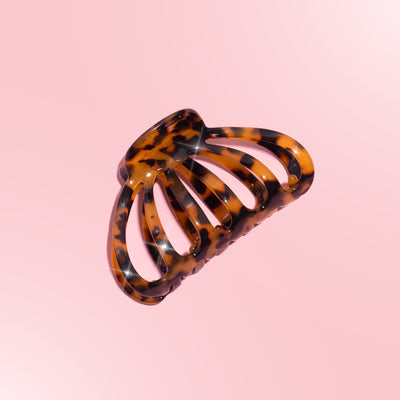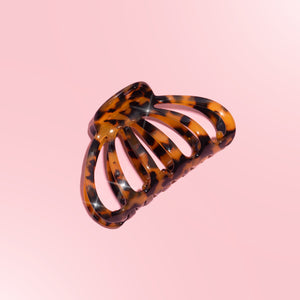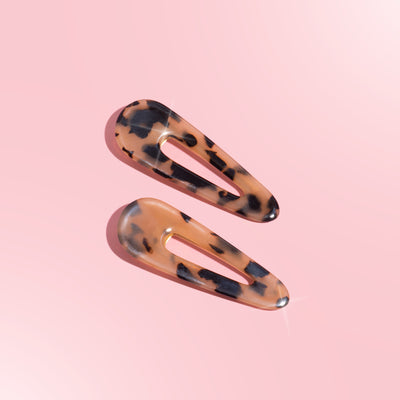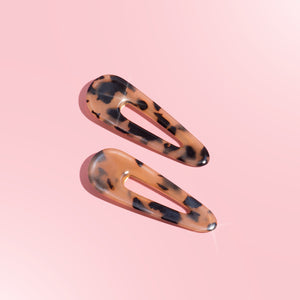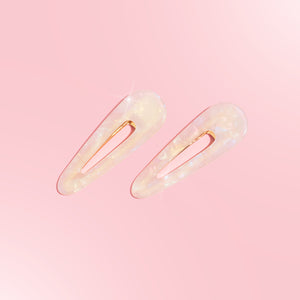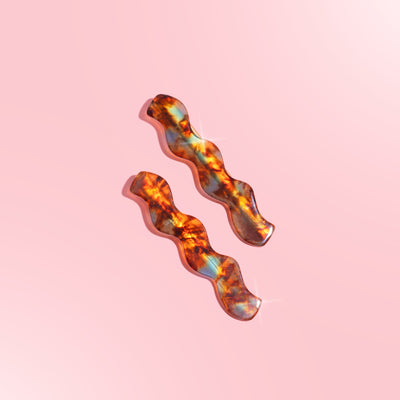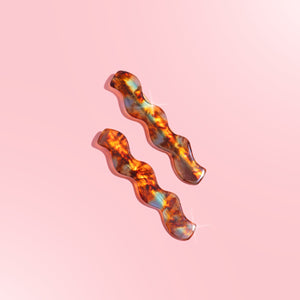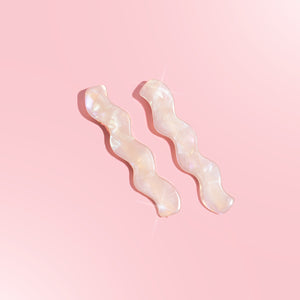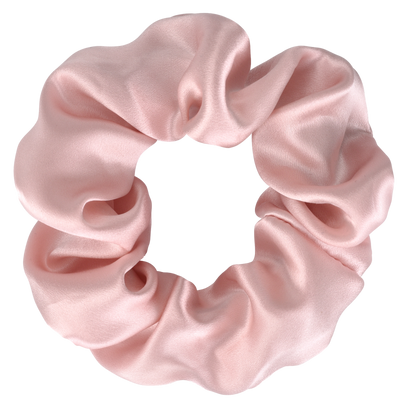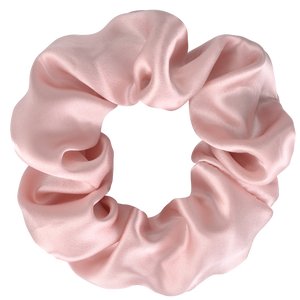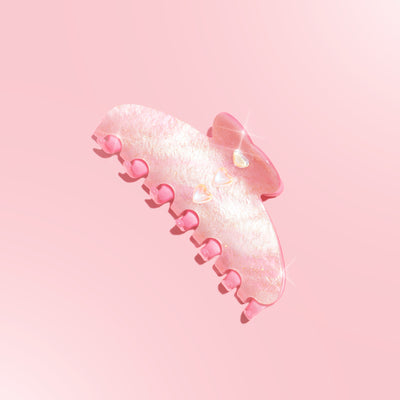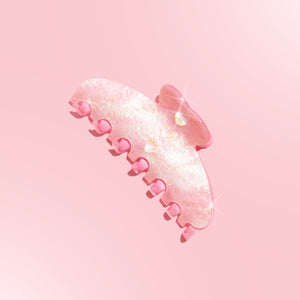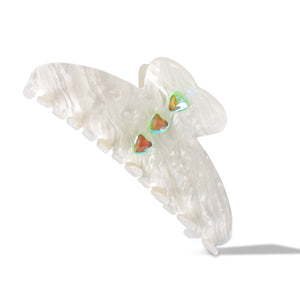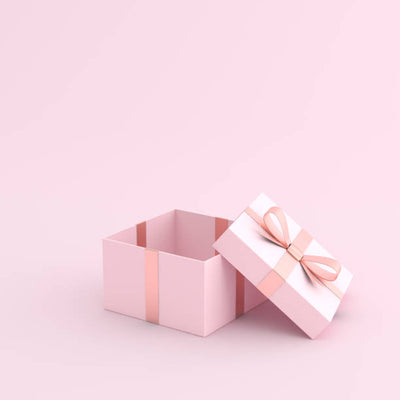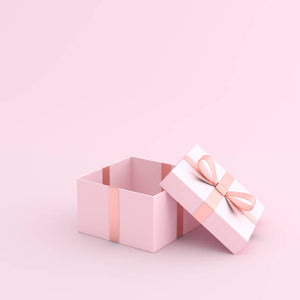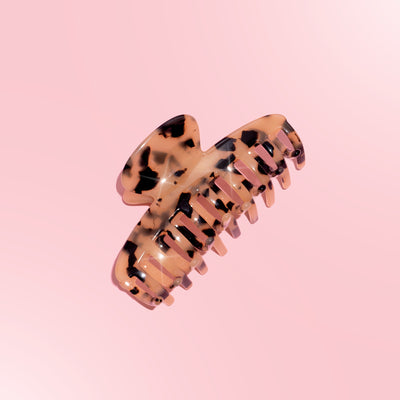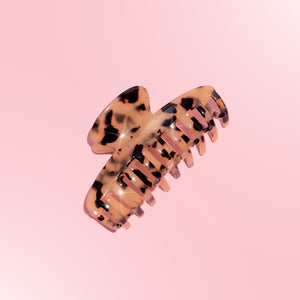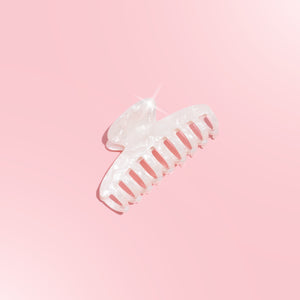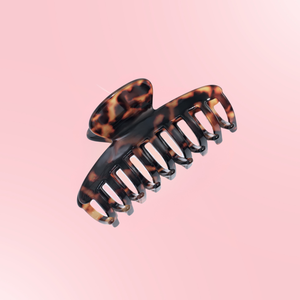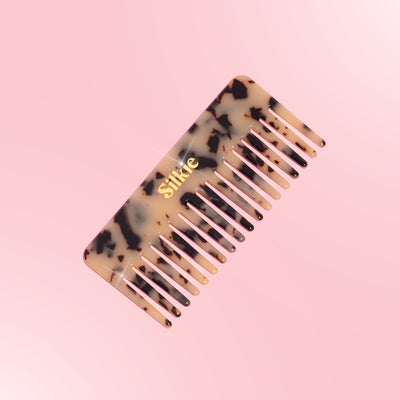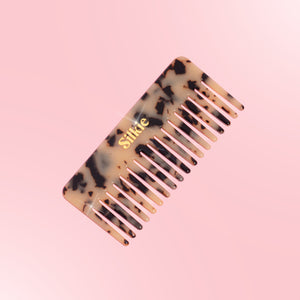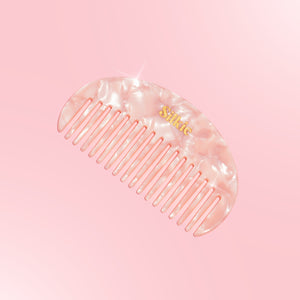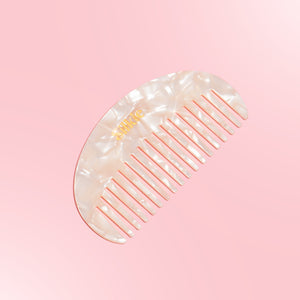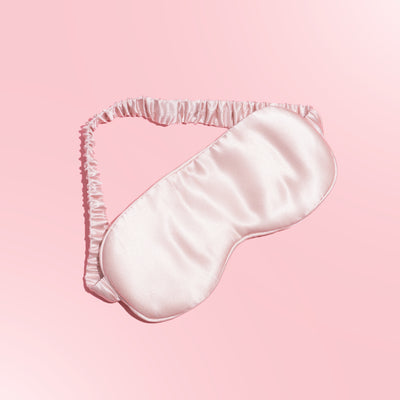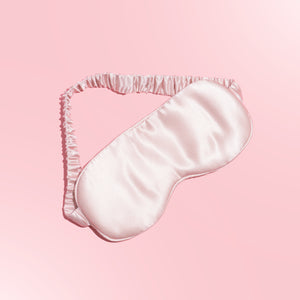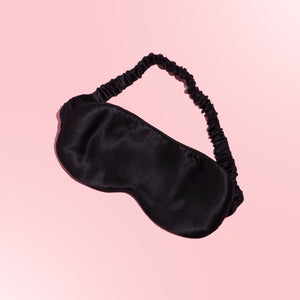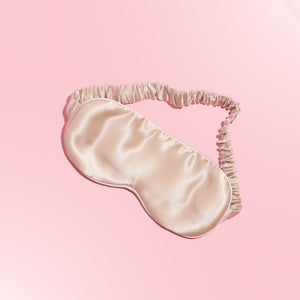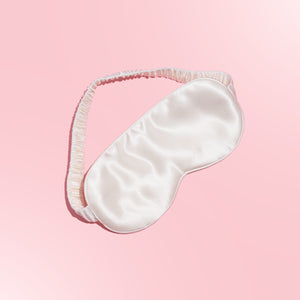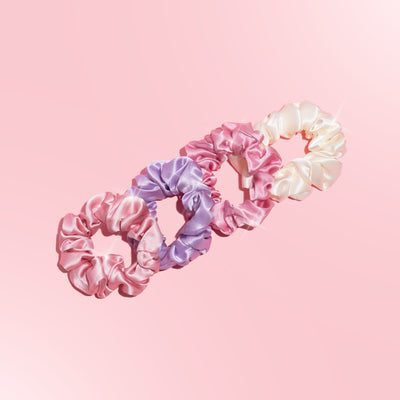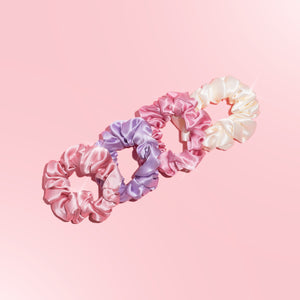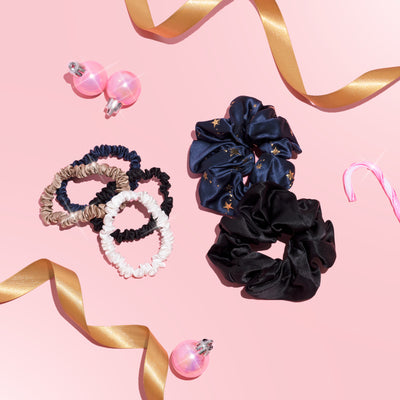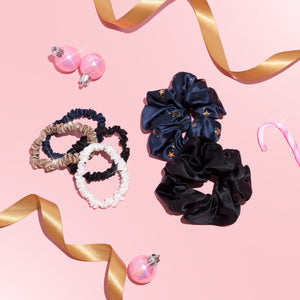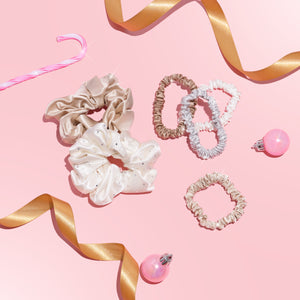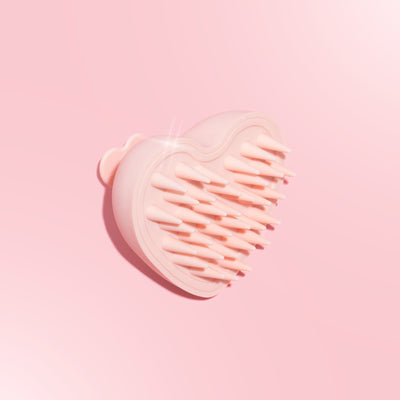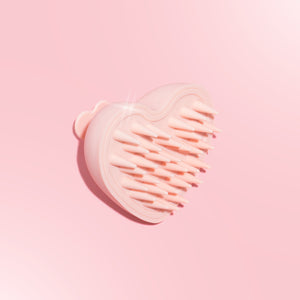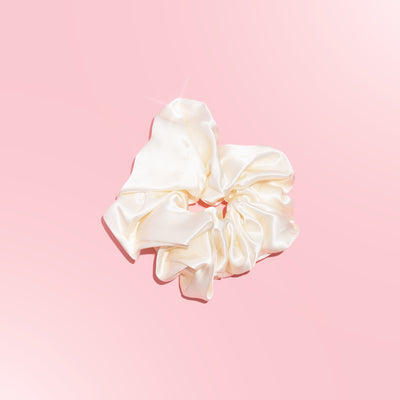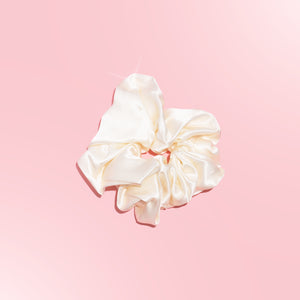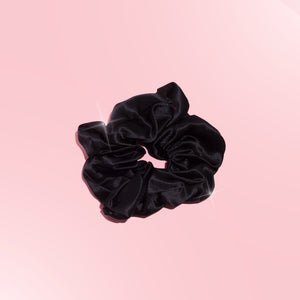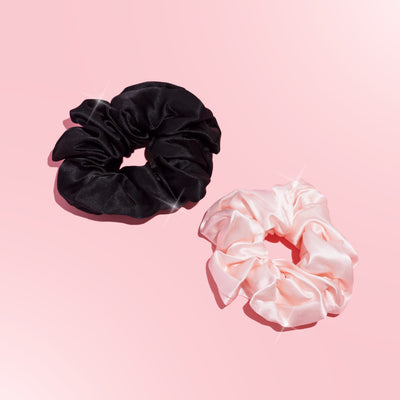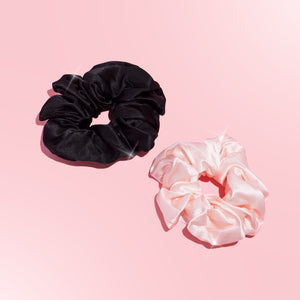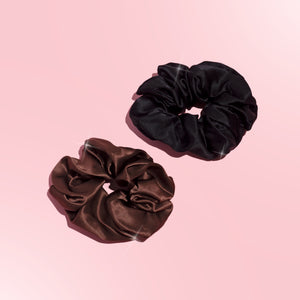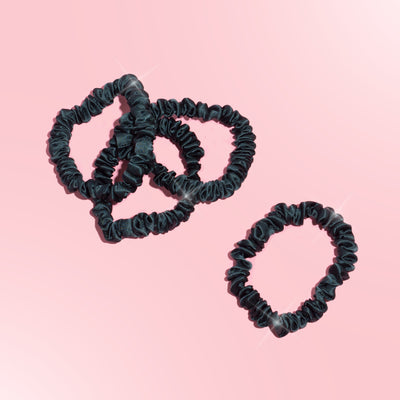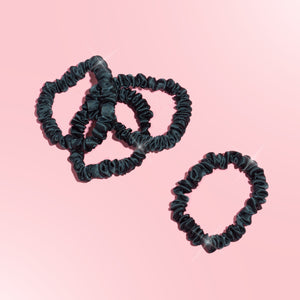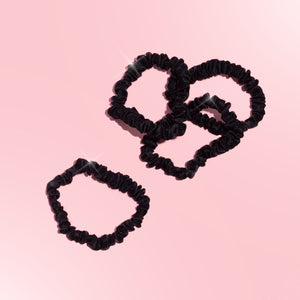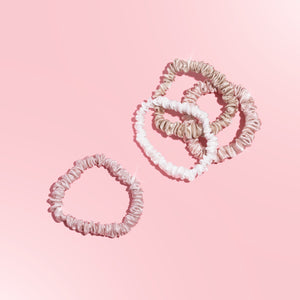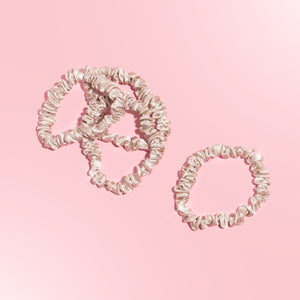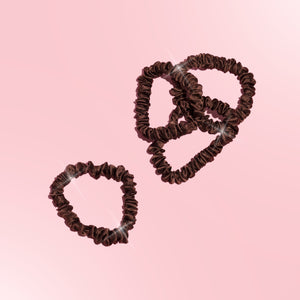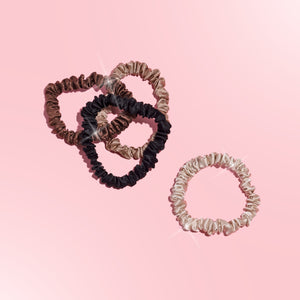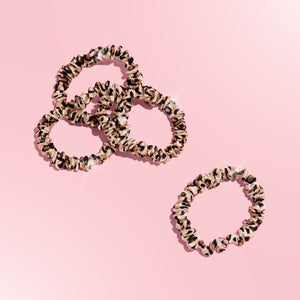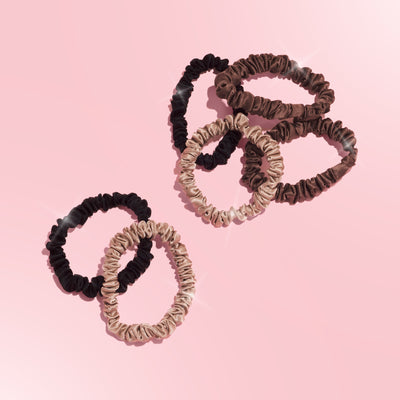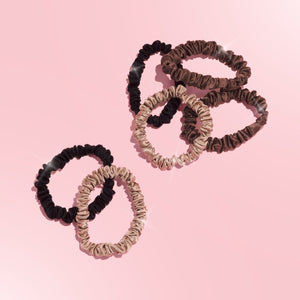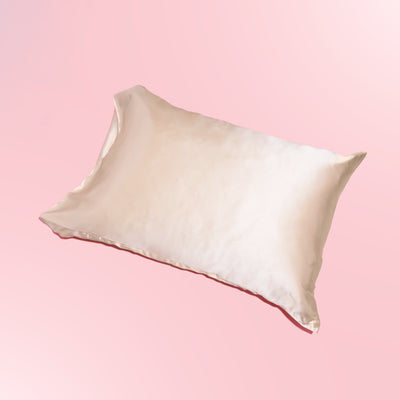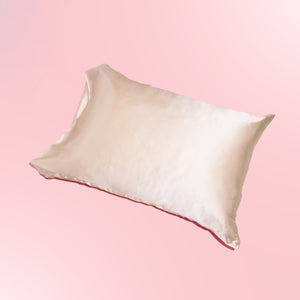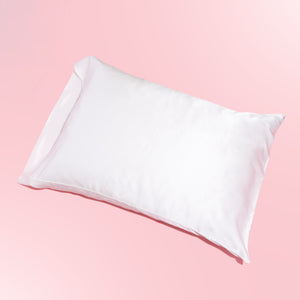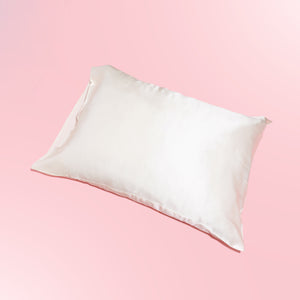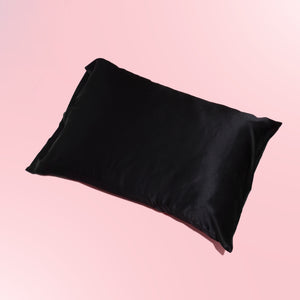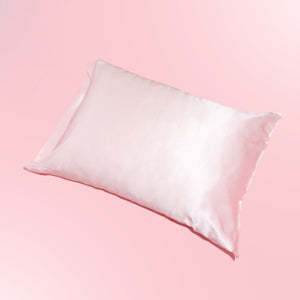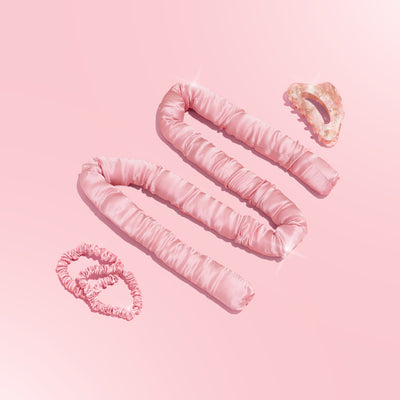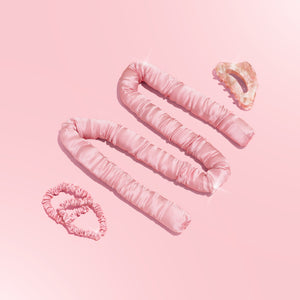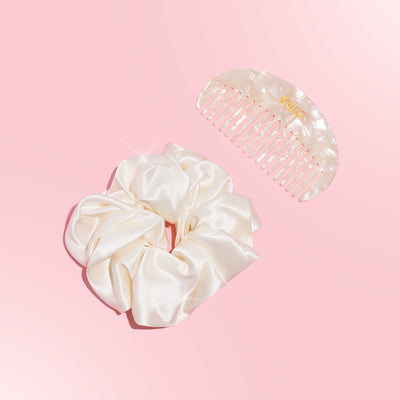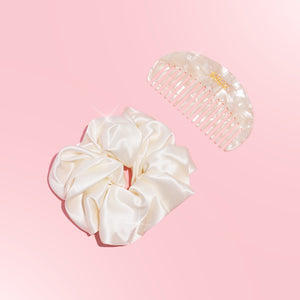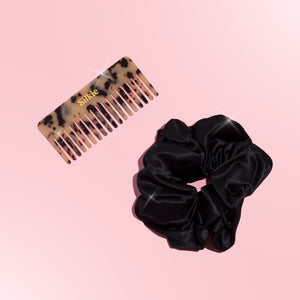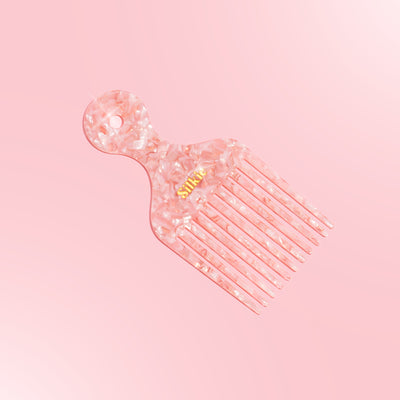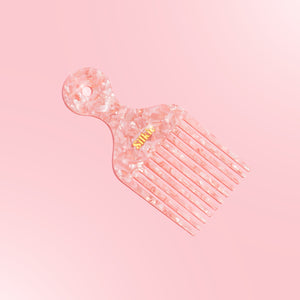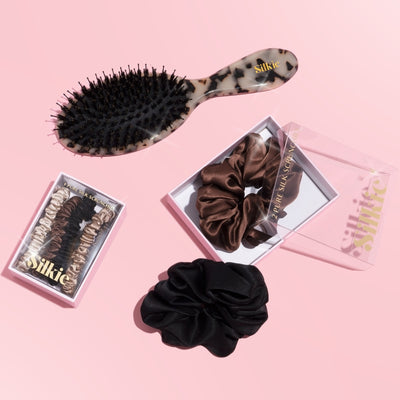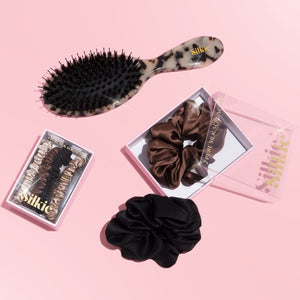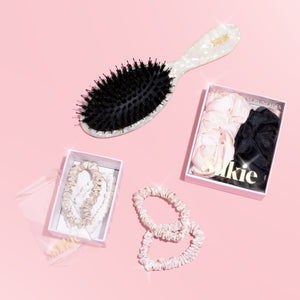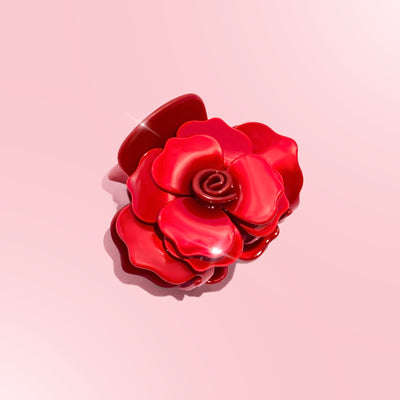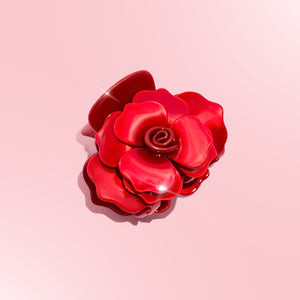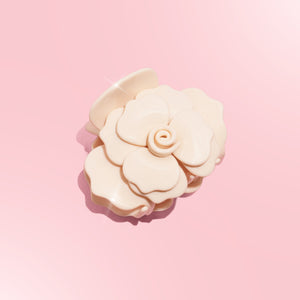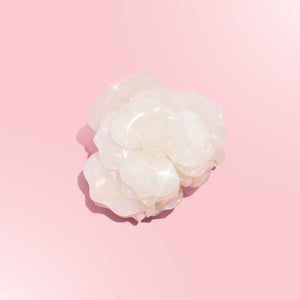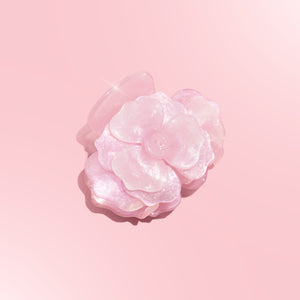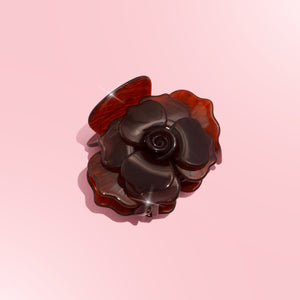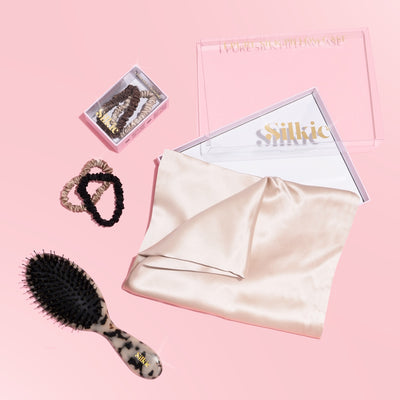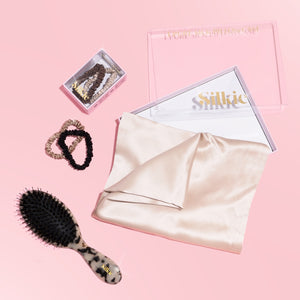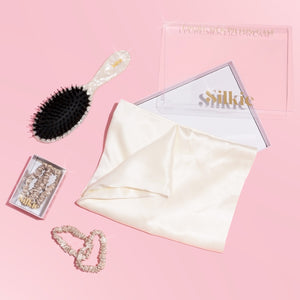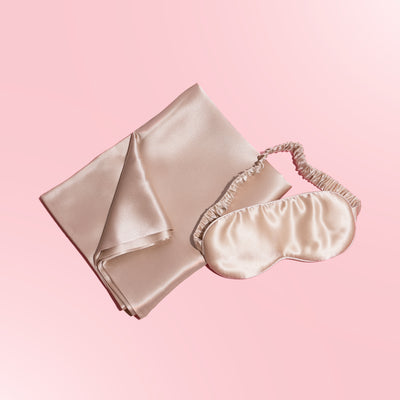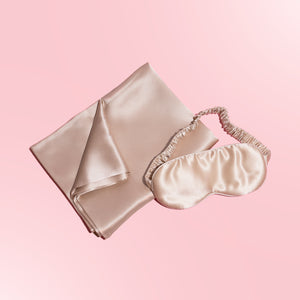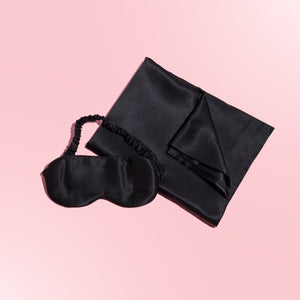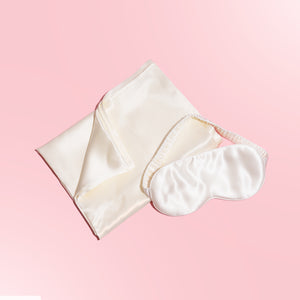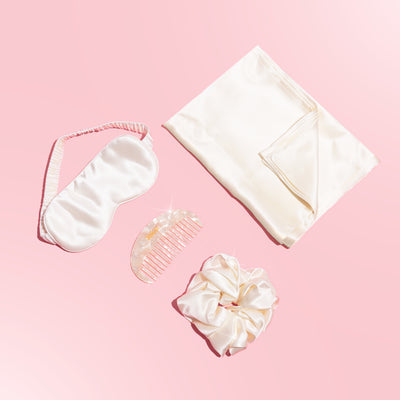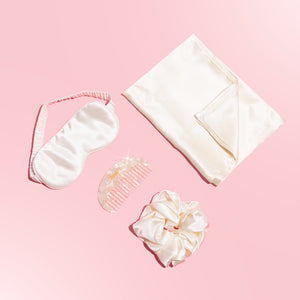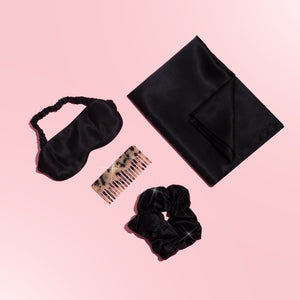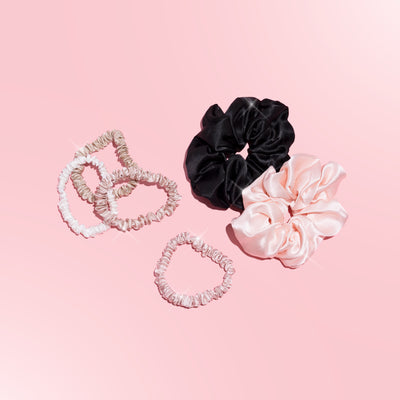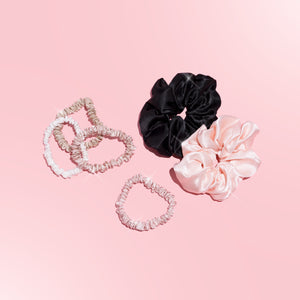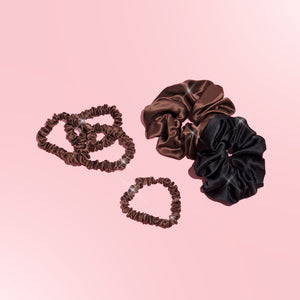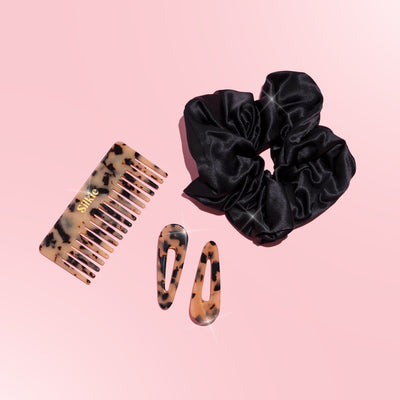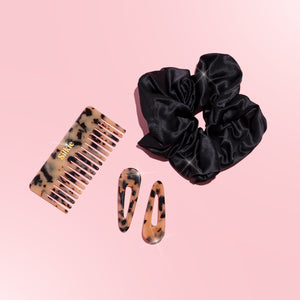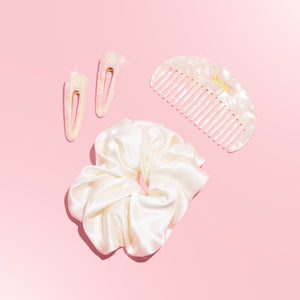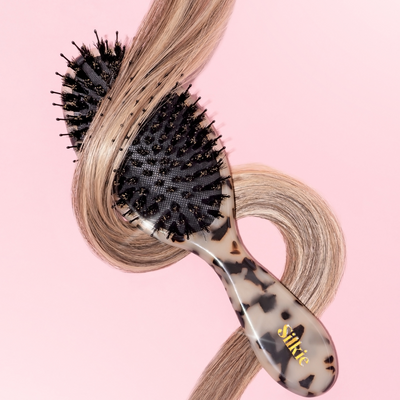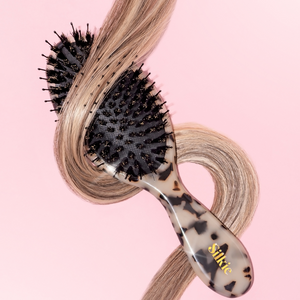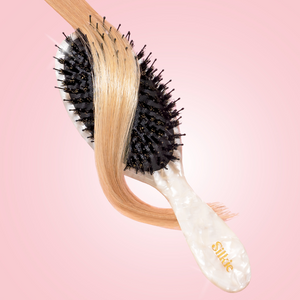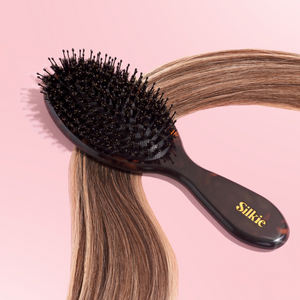How to Read Haircare Ingredient Labels Like a Pro
Because knowing what goes in your hair is just as important as what goes on your skin.
Let’s be honest—haircare labels can feel like decoding a different language. With long, scientific-sounding names and sneaky marketing terms like “natural” or “clean,” it’s easy to feel overwhelmed. But here’s the truth: if you care about the health of your hair, it’s time to pay attention to what’s actually inside those bottles.
At Silkie, we believe knowledge is power—and it starts with understanding exactly what your hair is being fed. So let’s break down how to read haircare ingredient labels like a pro (without needing a chemistry degree).
Start With the First Five Ingredients
Just like food labels, ingredients are listed in descending order by quantity. The first five ingredients make up the majority of the product, so they tell you the most about its quality and performance.
Look for:
-
Water (Aqua): Often the base of most hair products. That’s a good thing.
-
Moisturizers like glycerin, aloe vera, or panthenol.
-
Emollients and oils like coconut oil, jojoba oil, or argan oil.
Watch out for:
-
Alcohols (like SD alcohol or ethanol): These can be drying.
-
Silicones (like dimethicone): These aren’t always bad, but too much can weigh hair down or cause buildup over time.
Understand the Buzzwords
Haircare brands love to throw around phrases like:
-
“Paraben-free”
-
“Sulfate-free”
-
“Clean ingredients”
But what do those really mean?
-
Sulfates (like SLS or SLES): These are detergents that create foam but can strip natural oils and dry out hair, especially curly or color-treated hair.
-
Parabens: Used as preservatives, but some people choose to avoid them due to potential hormone-disruption concerns.
-
Fragrance (Parfum): Can include hundreds of chemicals under one word. If you have sensitive skin or a reactive scalp, fragrance-free is safer.
Silkie Tip: The fewer mystery terms, the better.
Ingredients That Actually Do Something
Let’s spotlight a few real MVPs you want to see in your haircare:
-
Hydrolyzed proteins (like keratin or silk protein): Help strengthen and repair damaged strands.
-
Niacinamide & Biotin: Support scalp health and promote stronger growth.
-
Ceramides & Fatty Alcohols (like cetyl alcohol): Not all alcohols are bad! These are moisturizing and smoothing.
Red Flags to Watch Out For
Here are some common ingredients that could be damaging or unnecessary for long-term hair health:
-
Formaldehyde releasers (like DMDM hydantoin): Preservatives linked to scalp irritation.
-
Artificial dyes (like Red 40 or Yellow 5): These don’t add value to your hair and can irritate sensitive skin.
-
Heavy silicones (like cyclopentasiloxane): Can lead to buildup, especially without clarifying shampoos.
What About Natural Ingredients?
“Natural” doesn’t always mean better. Some natural oils and botanicals can still cause reactions, especially if not formulated properly. That said, simple, plant-based ingredients like:
-
Aloe vera
-
Chamomile extract
-
Coconut or argan oil
are generally safe and effective—especially when paired with silk-based accessories that lock in their benefits.
How Silkie Supports Clean Haircare Habits
While we don’t bottle shampoo (yet!), we make accessories that reduce your need for harsh products in the first place:
-
Silk pillowcases: Help retain moisture and reduce frizz without serums.
-
Silk scrunchies: Prevent breakage so you don’t need extra treatments.
-
Silkie hairbrush: Designed to detangle gently without snapping strands.
The better your routine, the less product you’ll need.
Final Thoughts: Knowledge Is Beautiful
Once you learn how to read haircare ingredient labels, shopping becomes less about marketing and more about what truly nourishes your hair. And when you combine the right products with gentle, protective tools—like silk—you’re setting your strands up for long-term strength and shine.
Ready to elevate your haircare routine the smart way?
Explore silk essentials that make every ingredient go further—only at www.shopsilkie.com.
